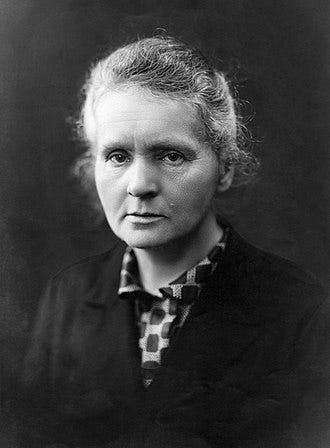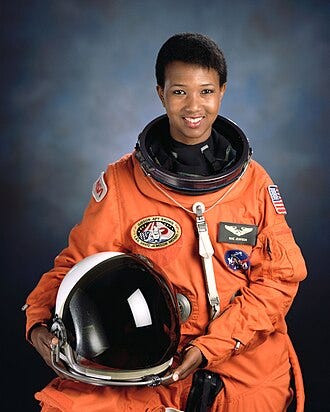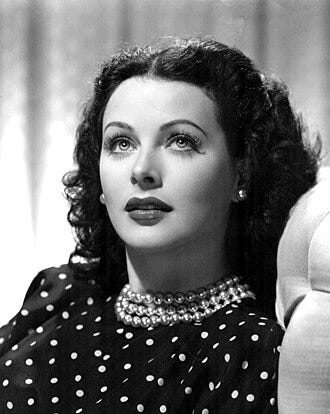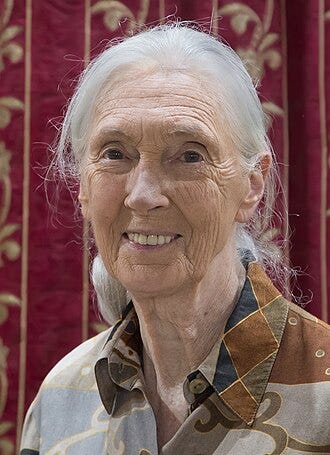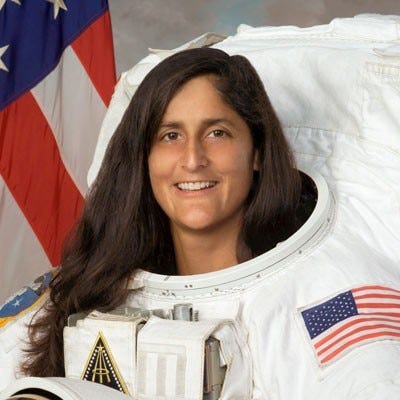Empowering Women, Inspiring Science
Celebrating the Achievements of Women and Girls in Science
Science has shaped our world in countless ways, driving progress, innovation, and discovery. However, for many years, women and girls have faced barriers in pursuing careers in science, technology, engineering, and mathematics (STEM). The International Day of Women and Girls in Science, celebrated every year on February 11th, is a powerful reminder of the need for equal opportunities and recognition for women in these fields.
The Importance of Women in Science
Women have made groundbreaking contributions to science, from Marie Curie’s discovery of radioactivity to Katherine Johnson’s critical calculations for NASA’s space missions. Yet, even today, women are underrepresented in many scientific disciplines. According to UNESCO, less than 30% of researchers worldwide are women. This imbalance highlights the need to support and encourage more women and girls to enter STEM careers.
Madam Curie
Marie Curie was a brilliant scientist known for her groundbreaking work on radioactivity. She was the first woman to win a Nobel Prize and remains the only person to win Nobel Prizes in two different sciences: Physics (1903) and Chemistry (1911). Her discoveries of radium and polonium revolutionized science and medicine, paving the way for cancer treatments and nuclear research. Despite facing challenges as a woman in science, her dedication and perseverance continue to inspire generations.
Mae Jemison
Mae Jemison is an American astronaut, engineer, and physician who made history in 1992 as the first Black woman to travel to space aboard the Space Shuttle Endeavour. Before becoming an astronaut, she worked as a medical doctor and served in the Peace Corps. Jemison is also a passionate advocate for science education and diversity in STEM fields, inspiring young people to pursue their dreams. She continues to lead initiatives that connect science, technology, and the arts.
Hedy Lamarr
Hedy Lamarr (1914–2000) was a brilliant actress and inventor. Known as a Hollywood star, she also co-invented a groundbreaking technology in 1941: frequency-hopping spread spectrum, which became the foundation for modern wireless communication like Wi-Fi, Bluetooth, and GPS. She’s celebrated as a symbol of beauty and brains!
Jane Goodall
Jane Goodall is a world-renowned primatologist and conservationist known for her groundbreaking research on wild chimpanzees in Tanzania. Starting in 1960, her work revealed the complex social and emotional lives of chimpanzees, including their use of tools—changing how humans understand animals. Goodall is also a passionate advocate for wildlife conservation and environmental protection, founding the Jane Goodall Institute to support these efforts. She inspires millions with her dedication to protecting the planet and its inhabitants.
Ada Lovelace
Ada Lovelace was an English mathematician and writer, known as the world's first computer programmer. In the 1840s, she worked with Charles Babbage on his design for the Analytical Engine, an early mechanical computer. Ada wrote the first algorithm intended for a machine, recognizing its potential to do more than just calculations. Her visionary ideas laid the foundation for modern computing, and she remains a symbol of innovation and women in technology.
Sunita Williams
Sunita Williams is an American astronaut and U.S. Navy officer known for her remarkable achievements in space exploration. she holds a record for most spacewalks by a women (seven) and most spacewalk time for a women (around 50 hours). She has spent over 321 days in space across multiple missions. Williams has been a role model for aspiring astronauts, inspiring people worldwide with her dedication to science and exploration. She continues to contribute to space missions and research, paving the way for future space exploration
As we celebrate this important day, let’s commit to fostering a world where talent, not gender, determines success in science. By empowering women and girls in STEM, we create a future filled with diverse perspectives, groundbreaking discoveries, and limitless possibilities.
Let’s break barriers, spark curiosity, and champion the scientists of tomorrow!



